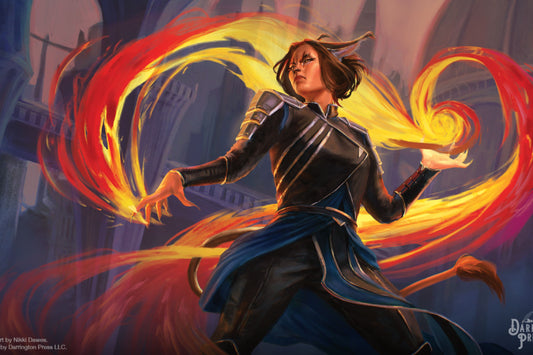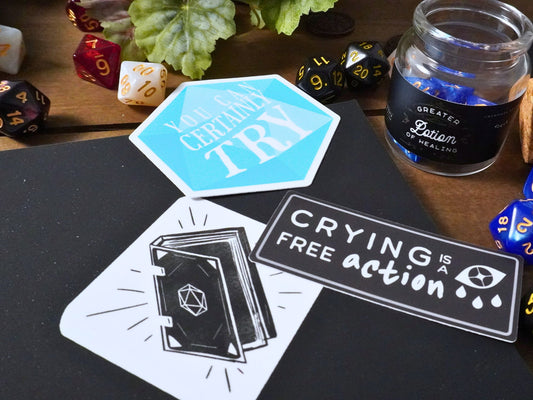4 Reasons Why D&D Session Zero is a Must for Any DM
This Guide will be about one of the most important parts of playing Dungeons and Dragons, yet it is often overlooked. Session zero is a time to discuss what you want your game to be about, how you want the characters to develop, and other important decisions.
Introduction
A session zero is a great way to make sure that your one-shot or campaign will start and end without a hitch. The number one thing to remember is that the game includes the players at the table and also the game master. The goal is for everyone to have fun and to set clear expectations to achieve that. A session zero is meant to be a living guide to go back to if anybody needs to and should be shared amongst the group after completed or changed. Remember, this is for the benefit of the entire group and can still be a fun way to spend an afternoon!
The tips below are incorporated D&D Session Zero Guide which contains a fillable form to help structure your Session Zero!
1. It Helps Set Expectations
One of the best ways to set expectations for your players is to have a Session Zero. It helps you and your players get on the same page about what they want out of the game.
House rules
These are custom rules that the game master will use throughout the game. Players are encouraged to have a discussion with the game master include any relevant rules that they may be interested in including in the game. However, any rules must be approved by the game master.
Safety Tools
Safety tools are designed to keep the game fun for all players, including the DM. Setting expectations with everyone at the table before playing a game can help make sure everyone is comfortable, safe, and not surprised later in the game. In this sheet, we have built-in two techniques called lines and veils that will help the DM and players handle certain situations so that everyone has fun.
Lines
Lines are hard limits on themes or events that the game master or players aren’t comfortable engaging in. These topics or events are “lines” that cannot be crossed throughout the game. Example lines might be rape, child abuse, or torture just to name a few. These topics shouldn’t ever be used in a game or alluded to at all.
Veils
Veils are softs limits on themes or events that will only be described in limited detail and/or will only transpire behind the scenes. These can include topics that the players at the table are ok with happening but only described in limited detail. These might include sexual themes and extreme gore that is assumed to happen and described through a quick montage or just a few words saying that it happened with little detail.
2. Establishing Roles
The party is composed of a number of different characters, each with their own strengths, weaknesses, and personalities. This makes for an interesting combination of skillsets that can be used to work together to defeat enemies and solve puzzles. It is important to understand which role you want your character to fill before you begin playing Dungeons and Dragons.
3. Introducing the Setting, Familiar NPCs, and Major Locations
For the world that the game will be taking place in, write a brief general summary that the player characters should be familiar with. This should include any commonly held beliefs, well-known customs, and notable world-changing events. It can be very helpful to describe similarities or differences of your world in comparison to pop culture references.
Describe the state of magic within the world. How prevalent is magic? What level of magic/technology is accessible throughout the world? In some worlds, magic might be outlawed or magic even might be in everyday life. These descriptions will be helpful for players to create characters that heavily rely on magic.
Don't forget to describe major well-known locations that are pertinent to the history of the world. That’ll help the players to get familiar with your lore. This doesn’t have to be an exhaustive list but can be just a short list for the players to get started and draw inspiration from later on.
4. Scheduling
Getting people together to meet is the number one killer of sessions. Try to agree on a reasonable recurring time to meet. Try to include alternate days that might work with our group in addition to the agreed-upon schedule in case life gets in the way.
In addition, agree upon where you want to meet. If at a physical location, choose a person who’s willing to host games at their place or even somewhere outside like a board game bar. It can be anywhere that the players are comfortable roleplaying. If the players prefer to play virtually, choose a digital platform and make sure everyone has the necessary equipment to play The game master will usually provide these details and will let you know if you need anything special to play the game.
Lastly, discuss what conditions it will take to cancel a game. For example, you might only want to start playing a session if at least 3 out of the 5 players are able to play. Remember that many of us have lives outside of the game. However, a good rule of thumb is to let your friends know ahead of time if you know if you can’t play for the next session.
A Session Zero is an important part of any game that should not be skipped over or forgotten about.
Running a Session Zero is an important part of the Dungeon Master’s job. Session Zero is a planning session where the DM decides what kind of campaign they want to run, what the player characters will be like, and what kind of world they are going to inhabit.
The DM should try to create a world that has depth and detail so that players have something to explore. They should also take into account how difficult they want their campaign to be on the players. Our D&D Session Zero Guide is a great resource to help guide you through this process in a simple and aesthetic form.
Don't forget to visit our store for products that can help make your life easier playing and also our free downloads to try out some of the things we have!




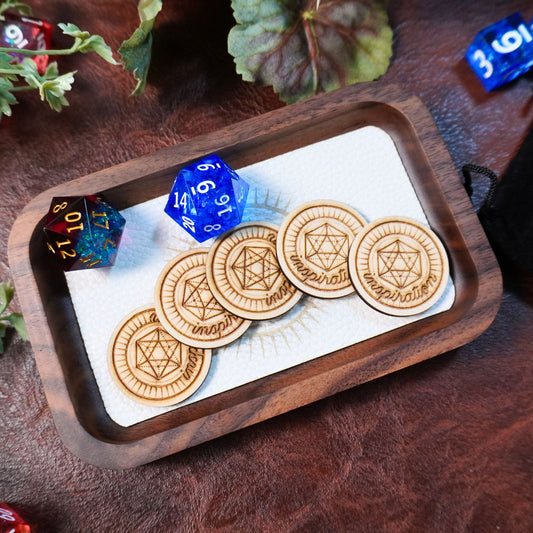
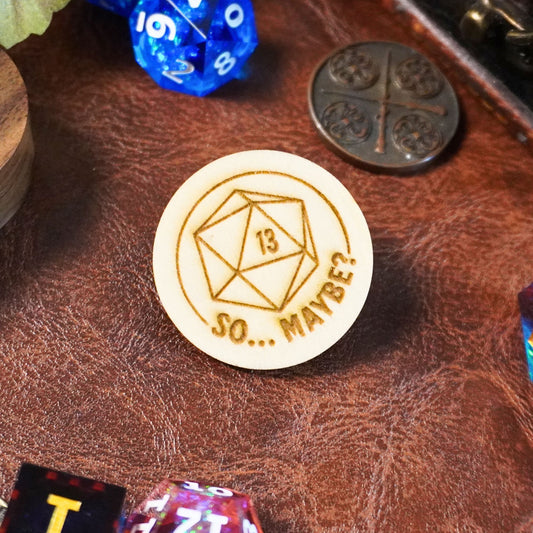
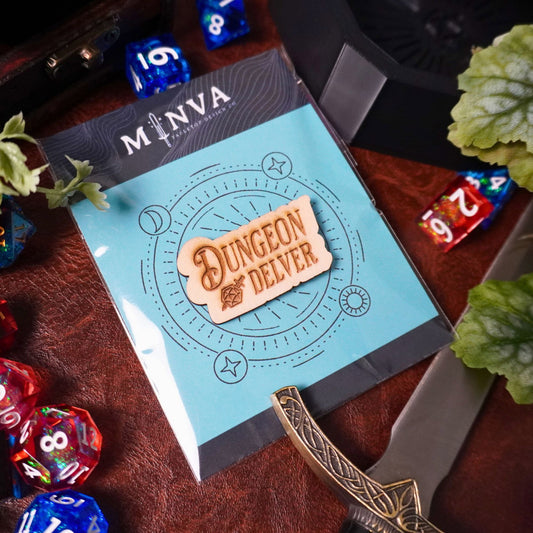
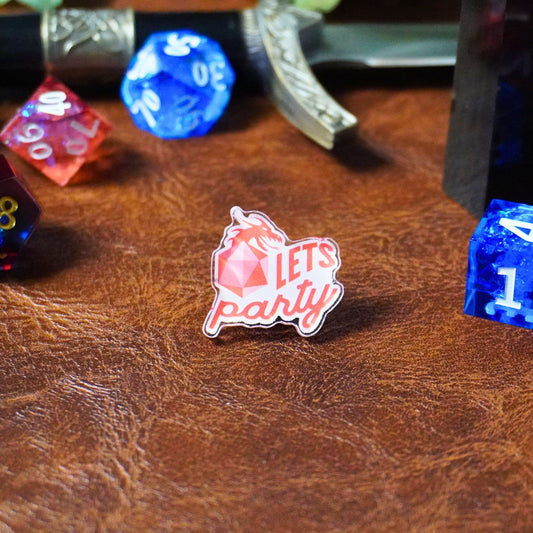
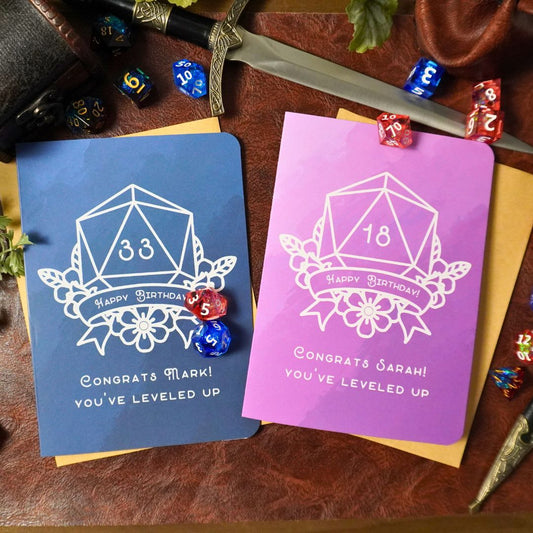
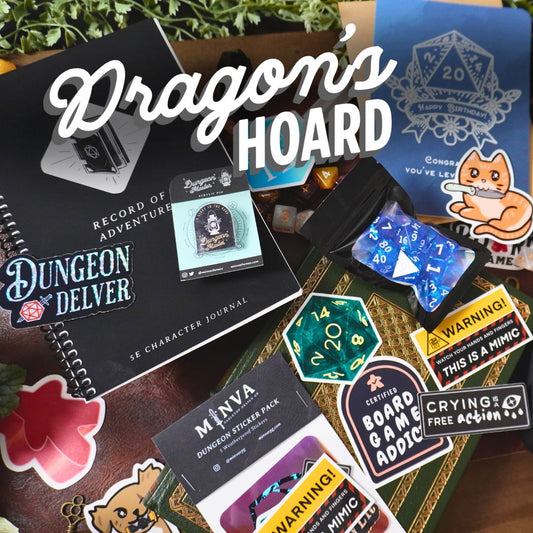
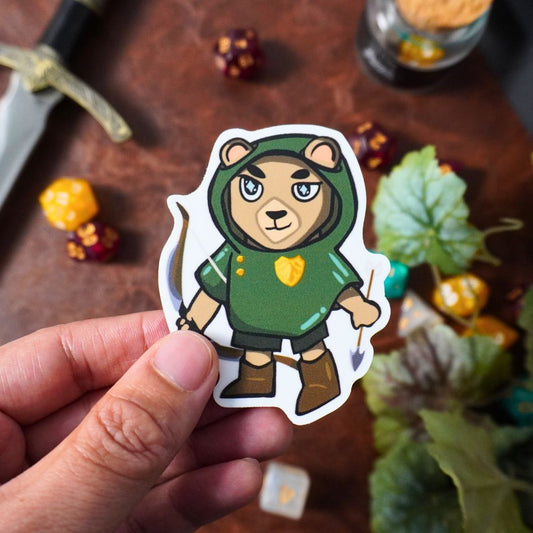
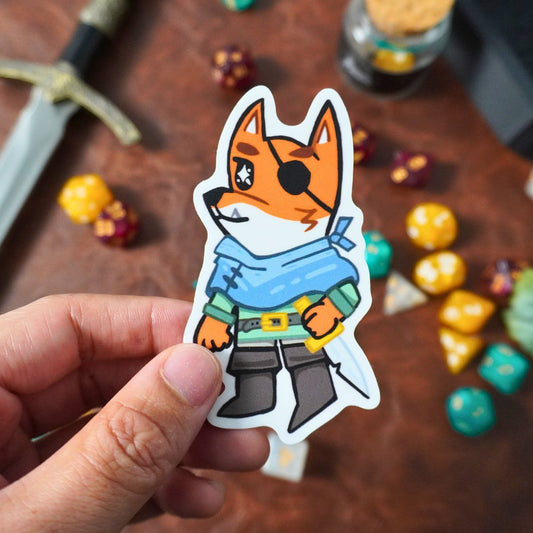


![[PREORDER] Record of Adventure 5e Player Campaign Journal for Dungeons and Dragons](https://cdn.shopify.com/s/files/1/0693/1709/9800/products/1_aa384a0a-75ed-431b-9d8b-82d805753ba7-736071_70x70.jpg?v=1706675463)




